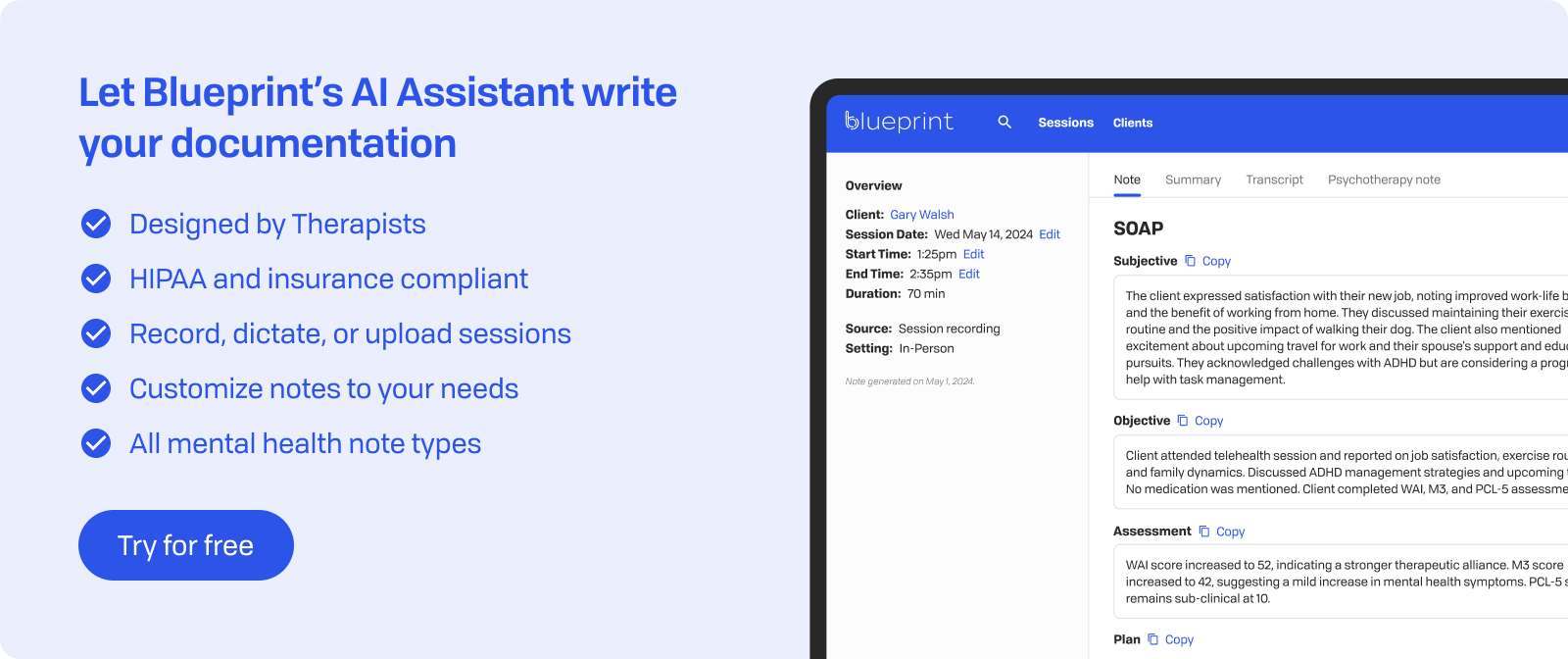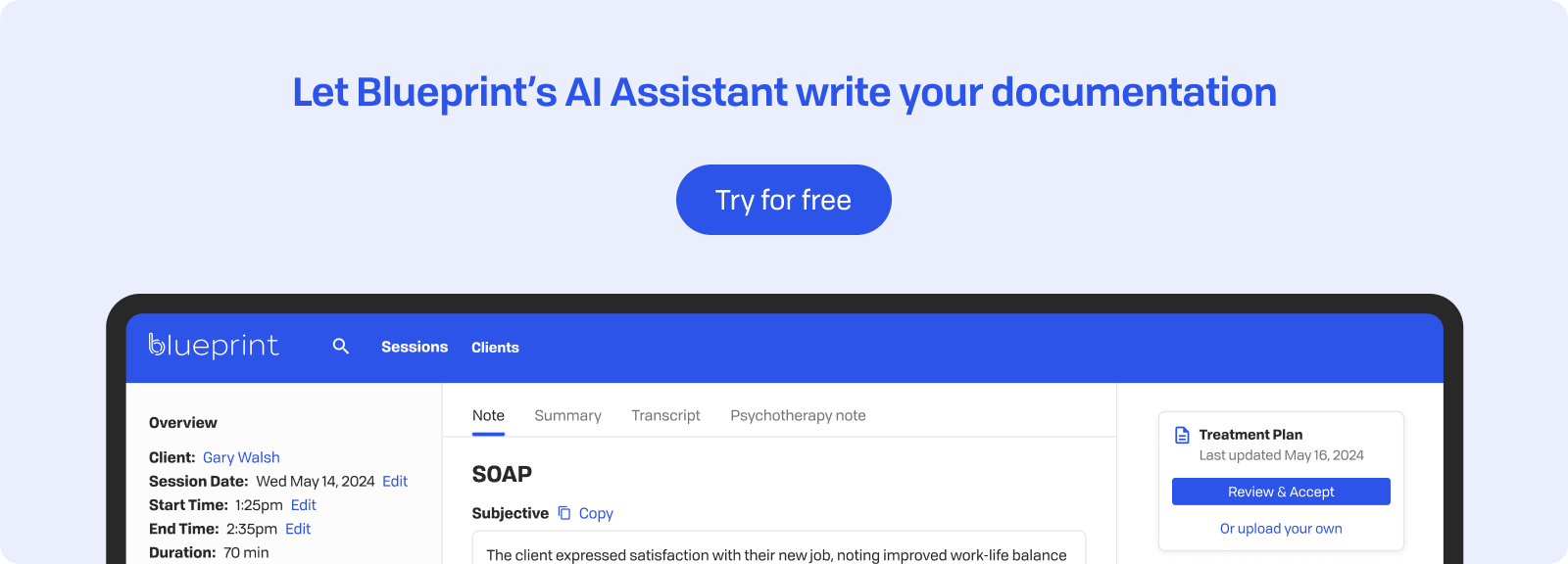In Brief
When clients enter your office burdened with anxiety, you seek effective tools to help them find relief. Traditional talk therapy can be helpful but has limitations, especially with deeply rooted anxious patterns that resist conscious efforts. Exploring alternative therapeutic methods can provide new paths to healing.
Many therapists find that certain anxiety patterns operate below the level of conscious awareness, making them particularly hard to address through conventional methods. These subconscious drivers of anxiety often appear as automatic thoughts, physical reactions, and behaviors that clients struggle to control despite their best efforts. Accessing and reshaping these deeper patterns can significantly improve treatment outcomes.
One promising approach involves working with altered states of consciousness to facilitate therapeutic change. This method allows clients to bypass their usual defenses and access a state more open to positive suggestions and reframing. Let's examine how this technique works and how you can integrate it effectively into your practice.
What Is Hypnotherapy in the Treatment of Anxiety
Hypnotherapy uses guided hypnosis to help clients enter a state of focused attention, deep relaxation, and increased receptivity to suggestion. In this state, individuals typically experience reduced peripheral awareness while maintaining concentrated focus on specific thoughts, feelings, or therapeutic suggestions. This heightened focus can facilitate access to thoughts and emotions that may be harder to engage with in ordinary waking consciousness, supporting therapeutic change.

The technique helps clients become more open to reframing negative thoughts and implementing new behaviors by temporarily quieting the critical, analytical part of the mind. In this relaxed state, the subconscious mind becomes more accessible, allowing therapists to work directly with automatic thought patterns and deeply held beliefs. This increased openness creates opportunities for introducing new perspectives and coping strategies that might otherwise be rejected by the conscious mind's defenses.
Hypnotherapy can support the treatment of anxiety by helping clients access and reframe subconscious patterns such as catastrophic thinking, hypervigilance, and somatic tension. In the hypnotic state, individuals are often more receptive to therapeutic suggestions, which can facilitate shifts in thought and emotional processing that may be difficult to achieve in ordinary consciousness. Rather than only managing surface-level symptoms, hypnotherapy may help clients engage with deeper processes that maintain anxious responses, complementing other therapeutic approaches.
Mechanisms and Neurophysiological Underpinnings
The hypnotic state is associated with measurable changes in brain activity that can support anxiety reduction. Research using EEG and fMRI suggests hypnosis often involves increased theta activity and altered functional connectivity in brain regions related to attention, self-regulation, and perception. These neurological shifts may create a state of focused relaxation and heightened receptivity, which can enhance the effectiveness of therapeutic interventions.
Key neurological changes during hypnotherapy include:
- Increased theta activity (4–8 Hz): EEG studies consistently show heightened theta oscillations during hypnosis, a rhythm linked to relaxation, memory, and internal focus.
- Reduced dorsal anterior cingulate cortex (dACC) activity: This reduction lowers vigilance and worry patterns, allowing clients to concentrate inward without distraction.
- Enhanced DLPFC-insula connectivity: Improved communication between executive function centers and body awareness regions supports better mind-body integration and somatic regulation.
- Decoupling of the DLPFC from the default mode network: This separation lowers self-conscious monitoring and habitual thought patterns that often drive anxiety.
These neurological changes combine to foster a state of focused calm where stress responses naturally decrease. The altered brain state boosts emotional regulation abilities, enabling clients to handle anxious thoughts and feelings without feeling overwhelmed. This neurological setting makes the mind more open to therapeutic suggestions, as the usual critical filters and defensive mechanisms temporarily relax.
With reduced external awareness and increased internal focus, clients can engage with therapeutic interventions more deeply than they typically can in ordinary consciousness. This heightened openness allows new coping strategies and perspectives to take hold more effectively, leading to lasting changes in anxiety response patterns.

Clinical Benefits for Anxiety Management
Research shows that hypnotherapy effectively reduces both general anxiety symptoms and situational stress. These positive effects result in real clinical improvements that clients notice in their daily lives.
The therapeutic benefits of hypnotherapy for anxiety include:
- Symptom reduction across anxiety types: Alleviates racing thoughts, muscle tension, shortness of breath, and other physical signs of anxiety.
- Enhanced emotional regulation: Helps clients better manage stress responses, irritability, and nervous system activation.
- Targeted relief for specific fears: Works to decrease phobias like fear of flying, medical procedures, or public speaking.
- Performance anxiety management: Assists athletes, students, and professionals in overcoming exam anxiety and performance-related stress.
- Increased self-efficacy: Empowers clients to identify and stop anxiety patterns before they escalate.
Post-hypnotic suggestions act as effective tools for ongoing self-regulation. During sessions, you can incorporate coping strategies that clients automatically use when facing anxiety triggers. These suggestions might involve breathing techniques, calming visualizations, or cognitive reframes that activate without conscious effort.
Research shows that hypnotherapy treatment for anxiety outcomes improve further when hypnotherapy is combined with other evidence-based approaches, creating a well-rounded treatment strategy.
Hypnotherapy as an Adjunct to Other Therapies
Hypnotherapy works well when combined with evidence-based therapies like CBT. The relaxed, focused state achieved during hypnosis makes clients more open to cognitive restructuring and behavioral interventions.
The practice of hypnotherapy induces deep relaxation that reduces physiological stress responses. This calming effect creates an ideal mental state for therapeutic work, helping clients:
- Facilitate emotional exploration: The relaxed, focused state of hypnosis can make it easier for clients to engage with difficult feelings.
- Integrate new coping strategies: Hypnotic suggestions reinforce skills learned in regular therapy sessions.
- Increase access to underlying patterns: Hypnosis may help clients notice associations and emotions that aren’t always available in conscious conversation.
- Reduce treatment resistance: Clients who struggle with traditional approaches often find hypnotherapy less intimidating.
For cases where progress has stalled with conventional methods, hypnotherapy offers a valuable alternative. Some clients intellectually understand their anxiety patterns but find it challenging to implement changes at an emotional or physical level. The hypnotic state can bridge this gap, allowing therapeutic suggestions to bypass conscious resistance and foster change at deeper levels.
Research shows that combining hypnotherapy with standard treatments can be very helpful in reducing anxiety symptoms.The complementary nature of hypnotherapy adds to, rather than replaces, your existing therapeutic toolkit.

Practical and Ethical Considerations for Clinicians
Practicing hypnotherapy requires more than standard therapy credentials; it demands specialized training. Only licensed mental health professionals who have completed accredited hypnotherapy training programs should incorporate this technique into their practice. This additional certification ensures you grasp the unique dynamics of working with altered states of consciousness and can safely guide clients through the hypnotic process.
Key ethical safeguards include:
- Comprehensive informed consent: Explain the hypnotic process, clarify common misconceptions, and ensure that clients maintain control throughout the session.
- Clear therapeutic boundaries: Use hypnosis solely for therapeutic purposes, never for entertainment or personal gain.
- Accurate representation: Avoid exaggerated claims about hypnosis capabilities; present it as one tool among many for managing anxiety.
- Memory integrity protection: Exercise great caution when exploring past experiences to prevent false memory creation or distortion.
- Scope of practice awareness: Refer clients with complex trauma or dissociative disorders to specialists with advanced hypnotherapy training.
- Informed consent and potential risks: Clearly explain to clients that while hypnotherapy is generally safe, it can sometimes bring up unexpected emotions or memories. Discuss possible risks—including emotional discomfort, false memory creation, or overreliance on hypnosis—so clients can make an informed choice about their care.
Document all hypnotherapy interventions thoroughly, including client responses and any adverse reactions, in your progress notes. Maintain regular supervision or consultation with experienced hypnotherapy practitioners to ensure ethical practice and positive client outcomes.
When Hypnotherapy May Be Particularly Valuable
Certain client presentations and clinical situations make hypnotherapy a strong intervention choice. Recognizing these indicators helps you decide when to incorporate this method into your treatment planning.
Hypnotherapy often works well for clients dealing with:
- Specific phobias: Issues like fear of flying, medical procedures, animals, or enclosed spaces often improve within 3-6 sessions.
- Performance-related anxiety: Situations such as test-taking, public speaking, athletic performance, or artistic presentations.
- Situational stressors: Challenges like job interviews, taking a big exam, social events, or recurring triggers that bring about predictable anxiety patterns.
Consider introducing hypnotherapy when you notice treatment stagnation with conventional methods. Some clients understand their anxiety on an intellectual level but find it difficult to translate insights into tangible change. Others may have tried multiple therapeutic approaches without significant improvement. The access to the subconscious that hypnotherapy provides often helps overcome these obstacles.

Key Takeaways
Hypnotherapy provides a powerful complementary approach for treating anxiety through its ability to reach the subconscious mind and foster lasting change. The technique encourages deep relaxation, creating an ideal mental state for suggestion-based interventions that address anxiety at its core.
For safe and effective use, hypnotherapy requires:
- Specialized certification: Licensed mental health professionals need to complete accredited hypnotherapy training programs to provide this service.
- Adherence to ethical standards: Clear boundaries, informed consent, and awareness of potential contraindications are essential.
- Selective client suitability: Best for those with specific phobias, performance anxiety, or clients who respond well to visualization techniques.
- Continuous professional growth: Regular supervision and consultation with experienced hypnotherapy practitioners.
Hypnotherapy works best as a supportive therapy, enhancing rather than replacing existing therapeutic methods. When applied thoughtfully, it offers clients practical tools for managing anxiety while addressing the underlying patterns that contribute to their symptoms.











